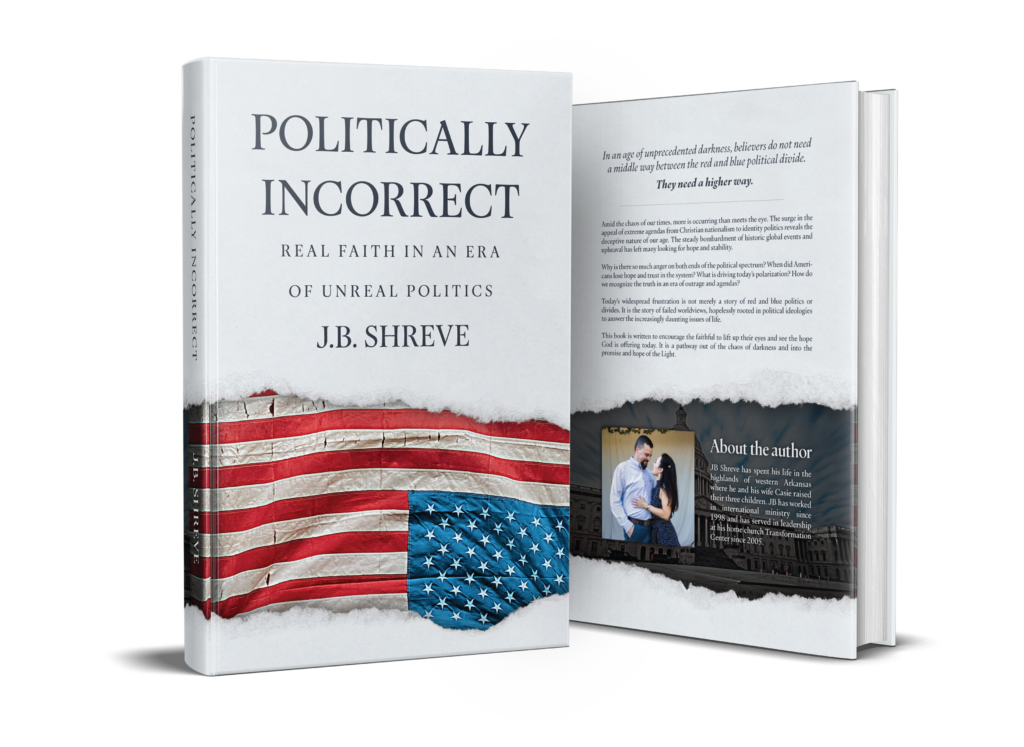In recent posts in this series on the heart, I have noted how God places the heart as a central piece of the human experience. It is where He comes to meet with us, the Holy Place of our inner being. It is within the heart that the quality of our life is defined. But the Bible also mentions another aspect of the human heart that we should consider before going any further. The prophet Jeremiah said the heart is deceitful above all things. How can the heart be so central to the human experience and yet utterly untrustworthy?
The heart is deceitful above all things,
and desperately sick;
who can understand it?
“I the LORD search the heart
and test the mind,
to give every man according to his ways,
according to the fruit of his deeds.”
Jeremiah 17:9-10 (ESV)
Life is lived out from the heart. The heart guides and shapes the journey of life. This is not a moral or religious description of life. It is a technical, architectural description. All of life flows from the heart. When our lives are properly connected to our hearts, greater functionality and access to peace and fulfillment flow.
But that does not mean that we were designed to merely “follow our heart,” as pop culture and misplaced sentiments suggest. We have an inherent paradox. Life is meant to be lived from the heart, and yet the heart is untrustworthy. It is deceitful (from the Hebrew aqob, meaning sly, trodden in paths of blood) and depraved. Its motives are hidden and disguised, complex, and set toward the wrong ends.
A wider view of this passage from Jeremiah explains the paradox between the centrality of the heart and the untrustworthy nature of the heart. The prophet lays out two contrasting views.
Thus says the LORD:
“Cursed is the man who trusts in man
and makes flesh his strength,
whose heart turns away from the LORD.
He is like a shrub in the desert,
and shall not see any good come.
He shall dwell in the parched places of the wilderness,
in an uninhabited salt land.
Jeremiah 17:5-6 (ESV)

The first picture is the man who trusts in man, makes flesh his strength, places his confidence in the wrong sources. Such a man follows the desires of his heart and perhaps even lives from his heart, but his heart is resourced from all the wrong places. His heart holds man, fleshly desires, the loves of this world, in high esteem. That man is doomed. He may secure his heart’s desires, but those desires are incorrect. The fulfillment of such heart desires leaves the man separated from God sickened on the fruit of his desires.
Then Jeremiah paints a second picture.

“Blessed is the man who trusts in the LORD,
whose trust is the LORD.
He is like a tree planted by water,
that sends out its roots by the stream,
and does not fear when heat comes,
for its leaves remain green,
and is not anxious in the year of drought,
for it does not cease to bear fruit.”
Jeremiah 17:7-8 (ESV)
This is a man who trusts is in the Lord. His reality, His truth, His safety is not in himself but the God of all creation. This man builds a life with intricate root systems outside the view of the world around him. He is not exempt from the hard times, but he remains fruitful because his source is not of this world when they come. He has put his trust in God alone.
The heart of neither man is trustworthy, but the second man acknowledges this. He has placed his trust in that which is worthy rather than that which is unworthy. The first man takes confidence in himself and his place in this world. The second man takes confidence in God.
The heart is not trustworthy. We do not trust ourselves. That is the great difference between humanism and a life of faith. A life of faith recognizes the enormous honor God has placed upon man, but it also acknowledges man’s humility before the presence of God.
…what is man that you are mindful of him,
and the son of man that you care for him?
Yet you have made him a little lower than the heavenly beings
and crowned him with glory and honor.
Psalms 8:4-5 (ESV)
The human heart is deceitful, but redemption and hope come when we turn away from selfish desires and place our hope in the Lord. That is the posture of the heart that elevates us above self-deception and initiates the flow of God’s will and grace into our lives.






What do you think?
Show comments / Leave a comment